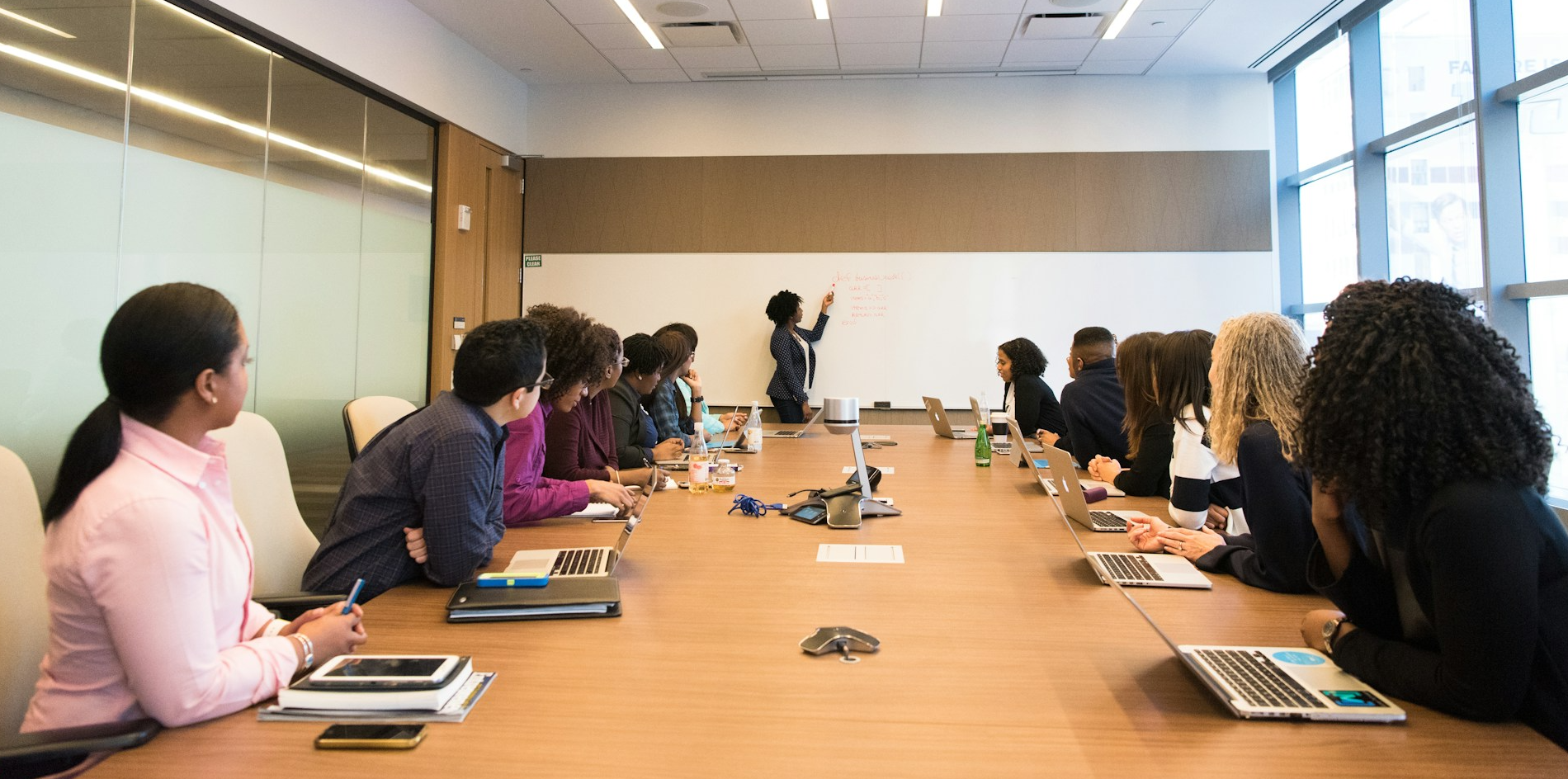Closing the Gender Gap
Discussions on gender parity, particularly at the workplace has garnered significant attention in recent years. About 3.9 billion women globally face some form of legal barriers, affecting their economic participation. Off the 190 economies assessed, only 98 have put in place laws instituting equal pay for women, and fewer (35) have adopted pay transparency or enforcement mechanisms. And although 151 economies have laws prohibiting sexual harassment at the workplace, only 39 have laws prohibiting it at public places. “How can we expect women to prosper at work when it is dangerous for them just to travel to work?” states the World Bank report.
Women’s labor force participation rates have also been lower than men since 1990, with more women exiting the workforce after motherhood. Even in terms of entrepreneurship, women face more barriers starting a business than men. Only one in six women expressed desire to start a business, with more women exiting a business than starting it, particularly in middle and low-income countries.
Failed social institutions and increasing violence against women costs the global economy an estimated US$6 trillion annually. Social media movements such as #MeToo, #BalanceTonPorc, #NiUnaMenos and #JusticeforAsif are a stark reminder of how we have failed as a society in protecting women and girls.
Indermit S. Gill, Chief Economist and Senior Vice President for Development Economics at the World Bank Group says, “What a waste of talent. And how tragic that the economies where talent is scarcest waste it the most. Today, the world faces the prospect of persistently slow growth. However, women have the power to turbocharge the global economy.”
Benefits of Female Leadership
Studies repeatedly show that having women in leadership position brings numerous benefits. By increasing female representation on boards, existing stereotypes can be challenged, motivating women to pursue higher career goals, explore new opportunities and feel more empowered to negotiate for better pay and promotions.
Women in leadership also pioneer a shift in changing the traditional mindset on women’s capabilities as business leaders. They become an inspiration for others to follow, sparking cultural shifts and serve as a powerful indication that women can also excel as leaders.
A McKinsey study reveals that “companies whose boards are in the top quartile of gender diversity are 28% more likely than their peers to outperform financially.” This correlation could be due to the fact that several companies have in recent times increased female representation on their boards.
Ensuring economic fairness and equal rights for women, along with bridging gender disparities at the workplace, are essential steps in realizing the Sustainable Development Goals by 2030.
The Role of Current Female Leaders
Female leaders have a unique and critical role to play in promoting other women to leadership positions. Their actions can have a profound impact on closing the gender gap at the board level. Female leaders should go beyond mentorship and actively sponsor high-potential women. This involves advocating for them during succession planning discussions, ensuring they are considered for key assignments and providing them with visibility in the organization.
By advocating for and implementing flexible work arrangements, female leaders can help create an environment where women can pursue leadership roles without sacrificing their work-life balance. This includes promoting remote work, job-sharing, and other innovative working arrangements that can accommodate diverse needs. A McKinsey survey reveals that companies with the most female representation from entry to C-suite levels had implemented flexible work policies to provide equal opportunities for career development and progression.
In June 2024, Brazil’s Trade and Investment Promotion Agency (ApexBrasil) established the Women and International Business Program to increase the participation of women-led Brazilian businesses in global trade. Summarizing the program, ApexBrasil’s Business Director Ana Paula Repezza said, “including women in foreign trade and foreign direct investment flows has immediate impacts, such as generating more wealth and income. And it also produces, in the future, what we call intergenerational impacts.”
The country will also host the Horasis Global Meeting in Vitória, the state capital of Espírito Santo, from October 25-26, 2024. This two-day event will gather leaders from businesses and governments to address pressing global challenges, including climate change, inequality and peace.
Photo Caption: More or equal number of women in boards has proven profitable across the world.



